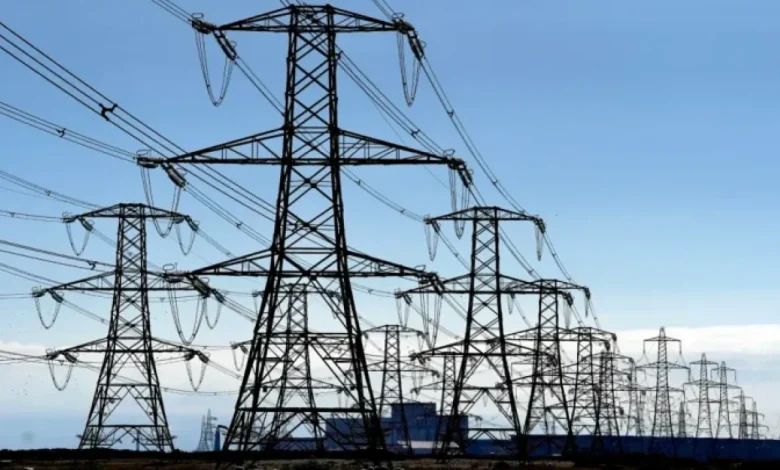
In a significant step toward stabilising Nigeria’s struggling power sector, the Presidency has announced plans to pay ₦2 trillion from the over ₦4 trillion owed to electricity generation companies (GenCos) for power supplied to the national grid.
The announcement was made at a Nigerian Electricity Supply Industry (NESI) stakeholders meeting hosted by the Nigerian Electricity Regulatory Commission (NERC), where a representative of the Special Adviser to the President on Energy, Olu Verheijen, assured stakeholders that payments will begin before the end of the next quarter.
Speaking through her representative, Eriye Onagoruwa, Verheijen said the government is prioritising the settlement of these debts despite tight fiscal conditions. She confirmed that both the Coordinating Minister of the Economy, Wale Edun, and the Debt Management Office (DMO) are on board with the plan, with internal approvals already in motion.
“We understand the financial strain GenCos are under. While we can’t confirm an exact payment timeline yet, significant groundwork has been laid,” Onagoruwa stated. “We’re optimistic that by the next NESI meeting, a concrete update will be available.”
The move comes amid growing tension within the power sector. GenCos recently raised alarms over the crippling debt burden, warning that operations were at risk as debts mount beyond ₦4 trillion — including ₦2 trillion accrued in 2024 alone and ₦1.9 trillion in legacy arrears.
Earlier this year, Minister of Power Adebayo Adelabu confirmed the debt figures, calling the situation “unsustainable” and warning that the liquidity crisis was threatening the sector’s ability to generate electricity reliably.
In April, he pledged that the federal government was working on a comprehensive resolution plan.
Industry analysts say the proposed ₦2 trillion payment, while substantial, only partially addresses the sector’s deep-rooted challenges, which include weak infrastructure, cost-reflective tariffs, and regulatory bottlenecks.
However, the Presidency’s willingness to explore alternative debt instruments to honour its obligations is seen as a positive signal to both local operators and international investors.





